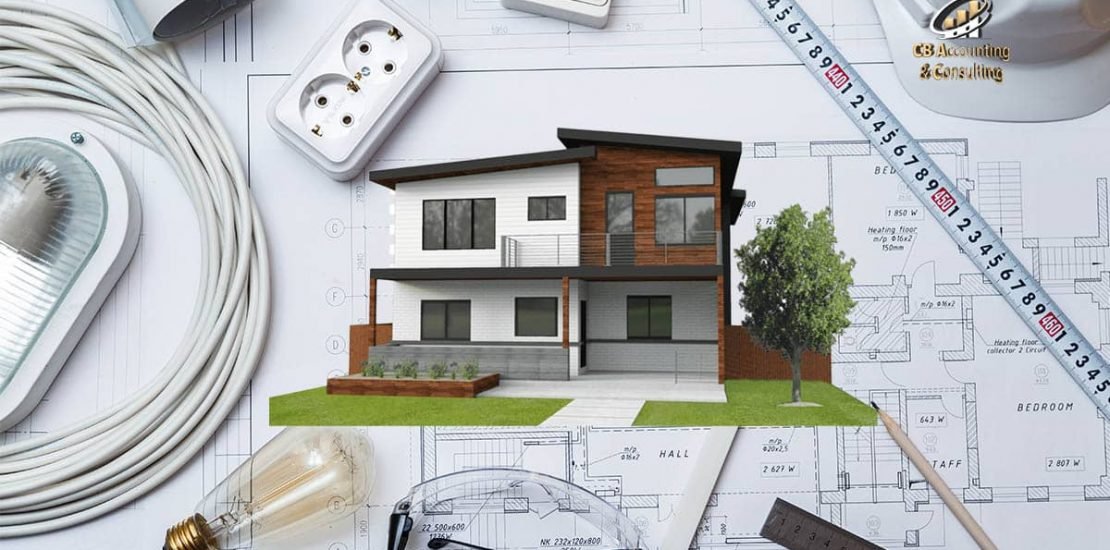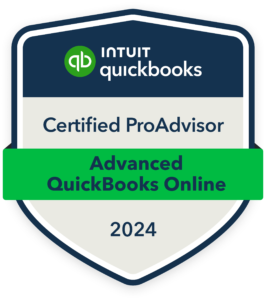Property Management Tips for Landlords
- Posted by: CB Accountant
- Category: Landlords and Property, Tax for Individuals

Property Management | CB Accountant
Managing a rental property can be tricky, with all the same challenges and time constraints as any other business. To make life a little easier, we’ve compiled a list of handy tips to help you maximise your profits and streamline your operation.
Property management | get organised
To get the most out of your investment, you need to make sure you’re properly organised. With the right systems and procedures in place, you can save yourself time and money and maximise your returns. Here are a few tips to get you started:
- Use your time effectively: Managing even a single property can place huge demands on your time, so you need to work smart. Set realistic timetables, document every interaction with your tenants, and, when it comes to letting your property, create screening surveys to weed out time wasters.
- Use property management software: Keeping track of repairs, rent arrears and important documents can be a real headache, and one misplaced receipt or late mortgage payment can cost you time and money. With property management software you can streamline your buy-to-let business, centralising your data and keeping tabs on everything from screening tenants to handling maintenance requests.
- Hire a property accountant: The buy-to-let market can be hectic at the best of times, and in the current climate it’s more complex than ever. The last few years have seen significant changes in stamp duty, tax relief and rules governing overseas investors, not to mention the looming uncertainty of a post-Brexit Britain. So, if you want to protect your assets, it pays to have an expert in your corner. A specialist property accountant will help you manage your portfolio, ensure you’re not paying more tax than you need to, and keep you up to date with all the latest changes in legislation.
Property Management | Legal Stuff
As a landlord, it’s absolutely essential to take steps to protect your investment. With a little due diligence, you can save yourself time, money and unnecessary disputes, making life easier for yourself and your tenant. With that in mind, here are a few simple tips to help you safeguard your investment:
- Prepare a tenancy agreement: Draw up an airtight contract between yourself and your tenant, outlining in detail the rights and responsibilities of both parties, as well as specific penalties for breach of contract. It may be worth engaging a legal professional in this instance, particularly if you’re a first-time landlord.
- Inspect the property: Before your new tenant moves in, you need to perform a thorough inspection of the property. Create a comprehensive checklist, making a note of any existing damage or imperfections. Pay particular attention to walls, doors and floors. Take quality pictures, or even film the property. As a landlord, you can never be too careful, and a little extra care before your tenant moves in could save you a lot of heartache in the future.
- Conduct a walk-through: With your checklist in hand, conduct a walk-through of the property with your new tenant. Have them sign the checklist to acknowledge the current state of the premises, and make it clear that you expect it to be in a similar condition when they’re ready to move out.
- Educate your tenants: Before the tenancy begins, prepare an information pack including basic maintenance tips, and advice on general upkeep. Make sure your tenant knows where the stop-cock is, how often they need to air the property, and how to keep it properly heated in the winter months to avoid damp and mould. A little preparation at the outset can save on big repair bills in the future.
- Schedule regular inspections: As well as performing the usual checks at the beginning and end of a tenancy, arrange regular inspections throughout the duration of your agreement. That way you’ll be able to address issues as they arise, and minimise any repair bills. The prospect of regular visits from the landlord will also provide extra motivation for the tenant to take good care of your property.
Develop a Good Working Relationship With Your Tenants
In order to manage your buy-to-let property successfully, you need to develop a good working relationship with your tenants. Here are a few important areas you can focus on:
- Encourage your tenants to inform you about maintenance issues as soon as they occur. This will allow you to tackle minor issues before they develop into something more serious, and more expensive. A blocked gutter, for example, can become a costly repair if left unattended.
- Respond quickly to your tenant’s concerns. Not only will this enable you to nip potentially serious maintenance issues in the bud, it will also show your tenant that you’re not just interested in taking their money, but you also care about their comfort and well-being. A vacant property is every landlord’s nightmare, and a happy, well-cared for tenant is likely to remain in the property for the long term.
- Above all, create a good dialogue with your tenant. If you build a decent rapport, your tenant is much more likely to look after the property, pay their rent on time, and respect the terms of the tenancy agreement.
Whether you’re a first-time landlord, or an experienced investor looking to consolidate your portfolio, our team of specialist property accountants can help. We’ll save you money, protect your assets, and ensure you get the very best return on your investment. So what are you waiting for? Get in touch today and speak to the experts.
Competitive Accounts Service: Annual Accounts, Management Accounts, Company and Personal Taxation, VAT, Payroll and CIS.


